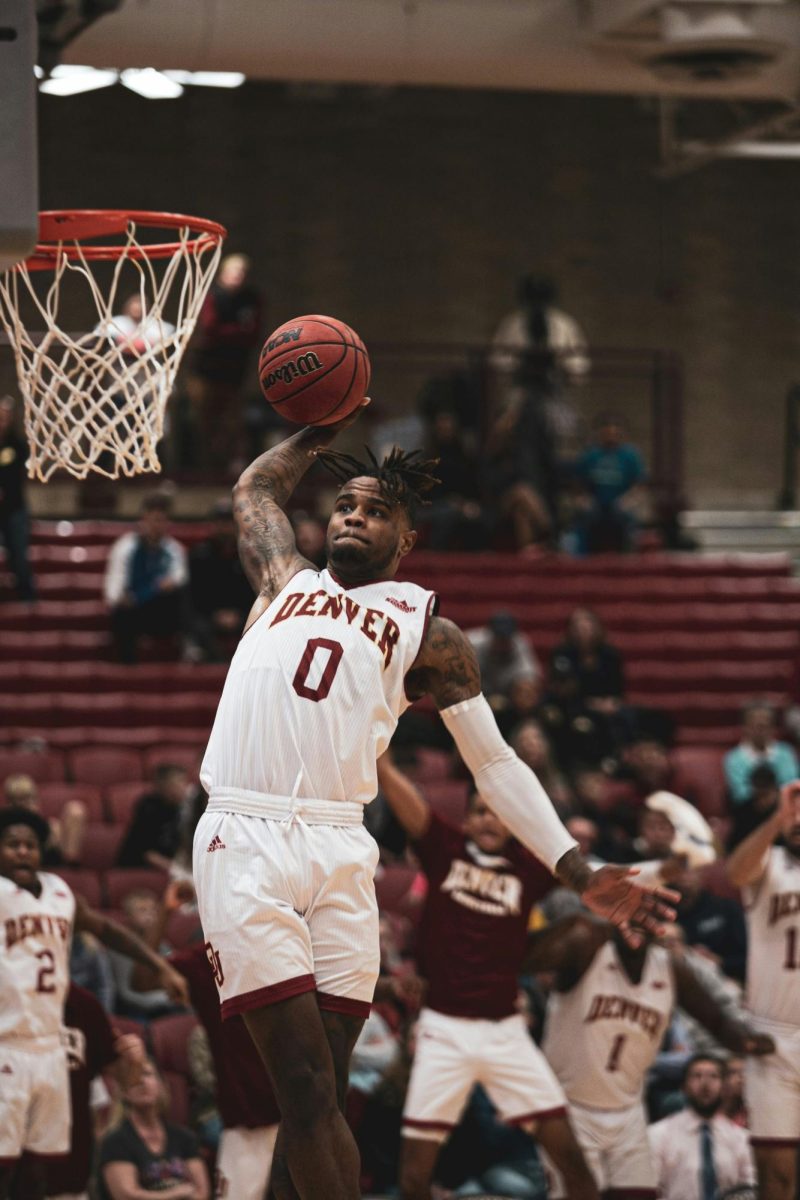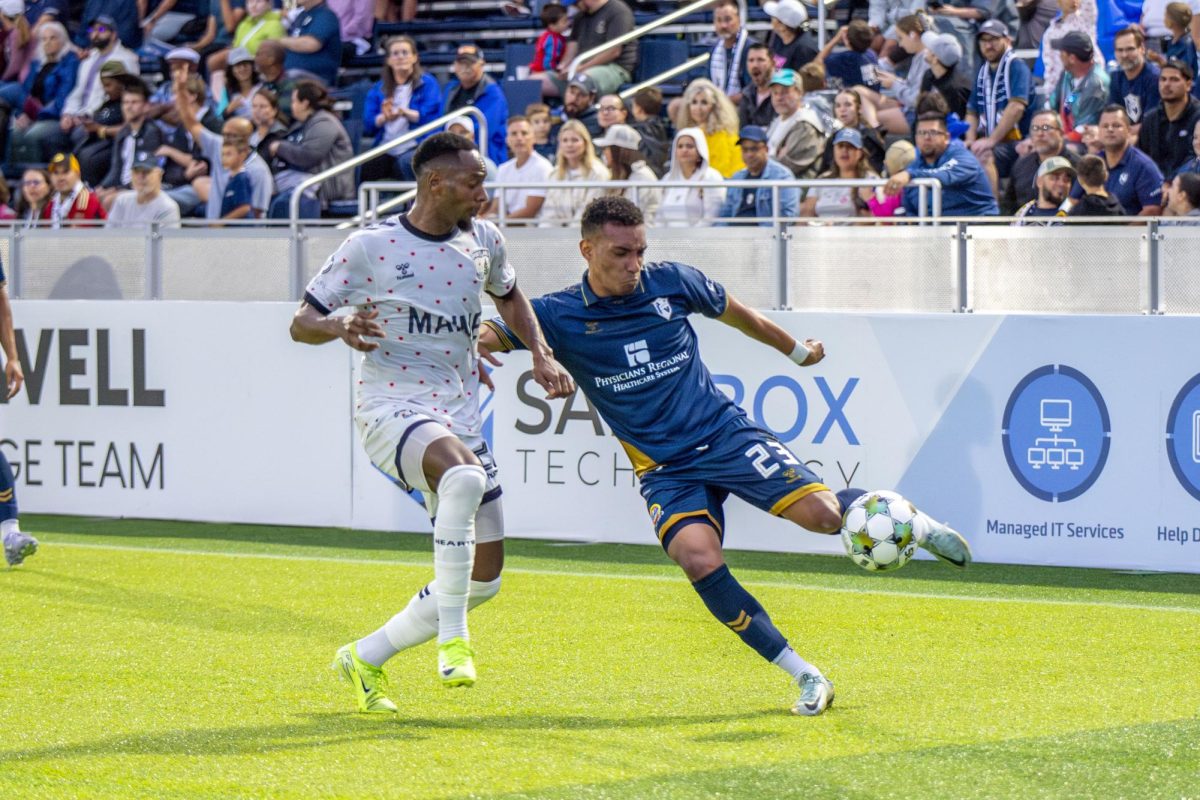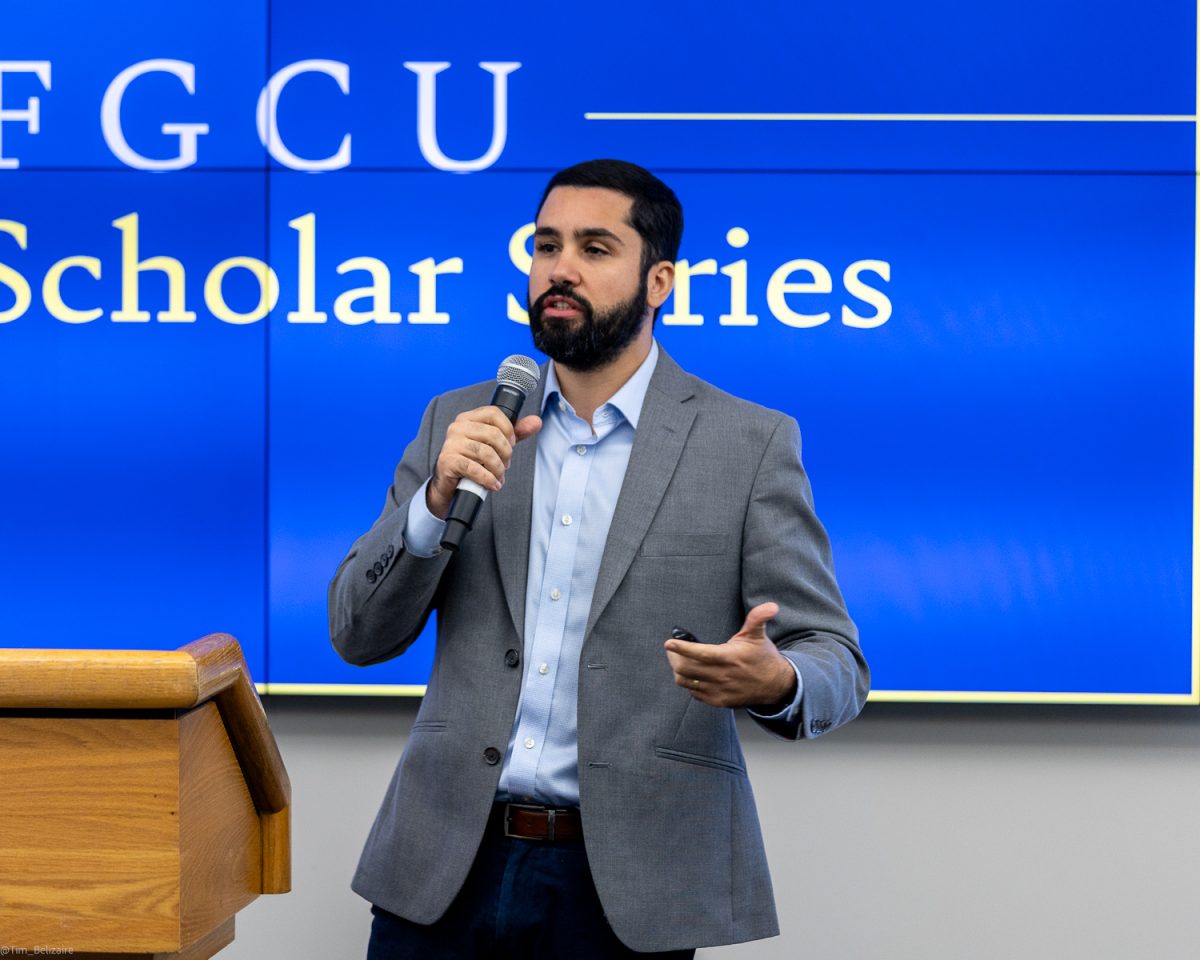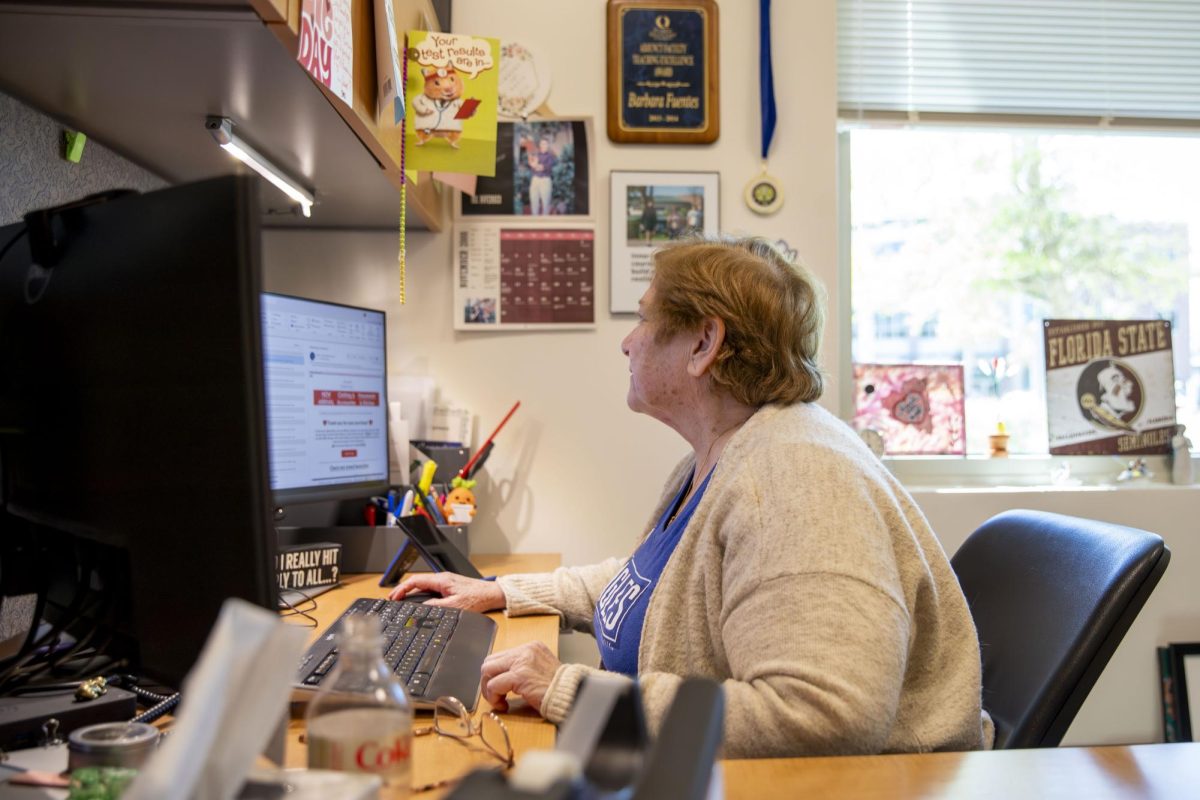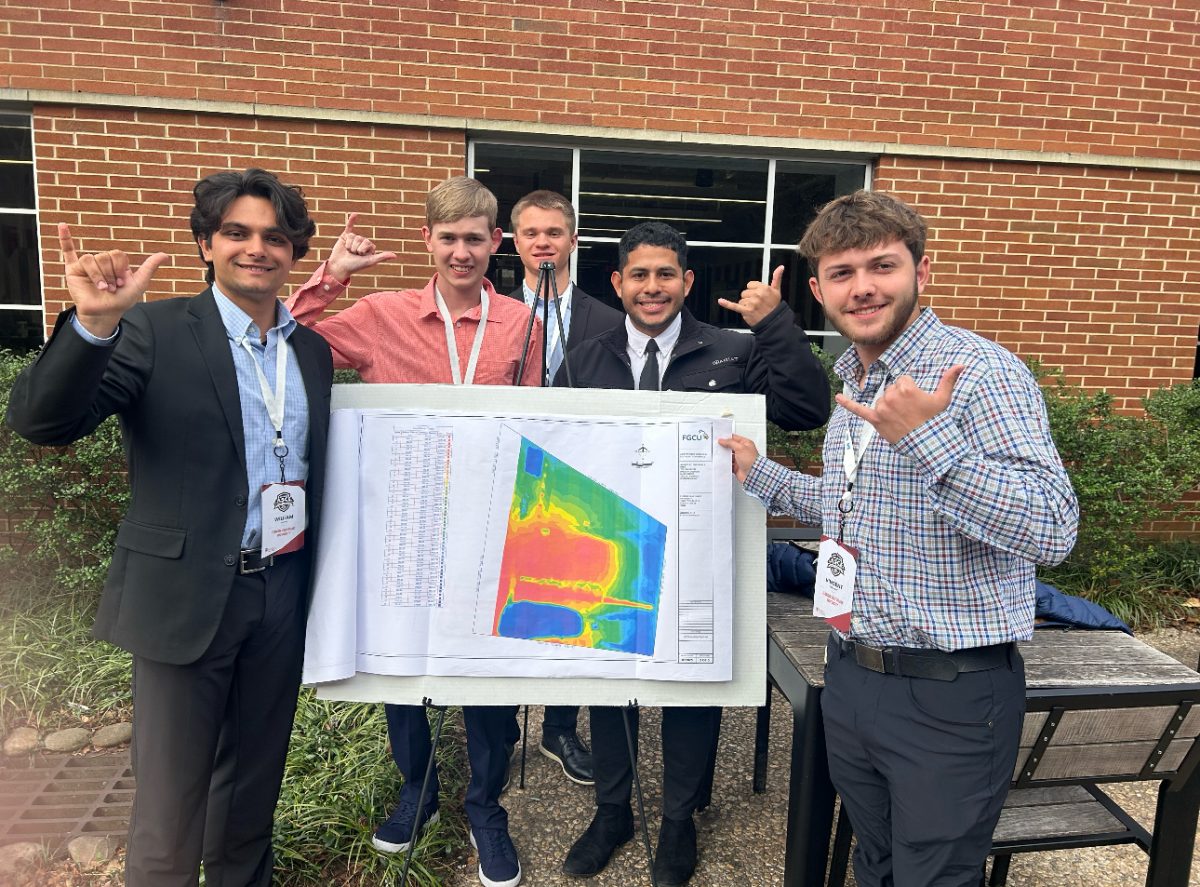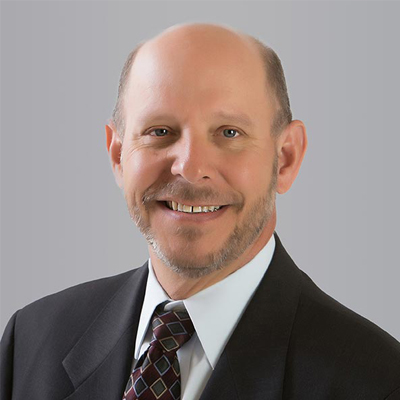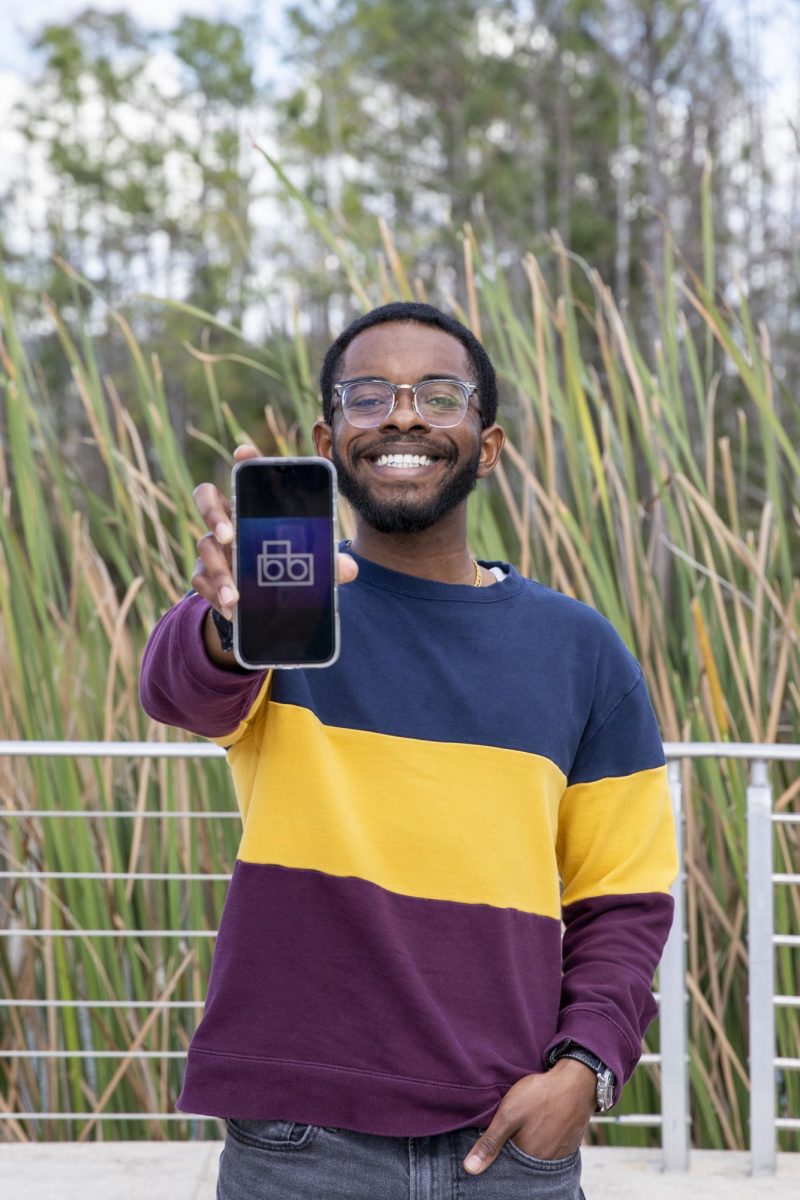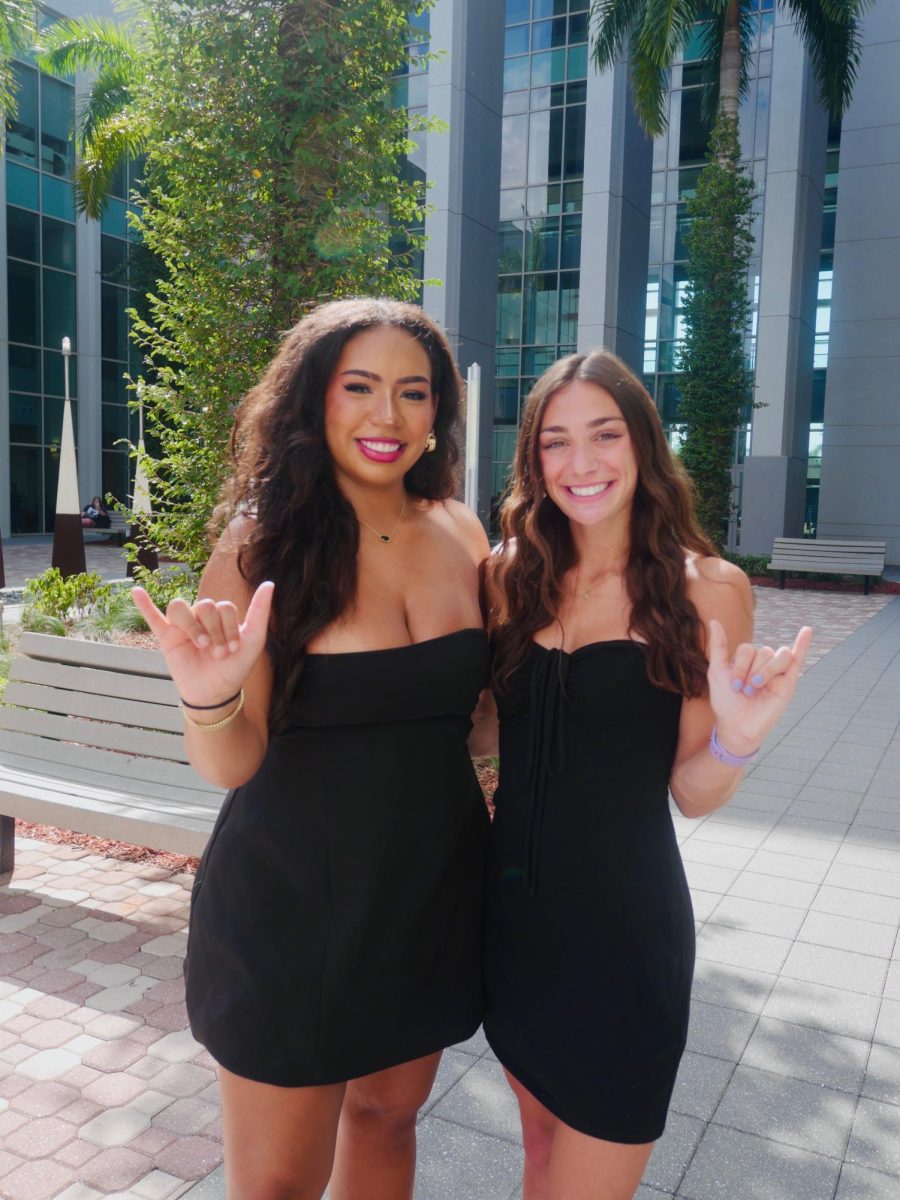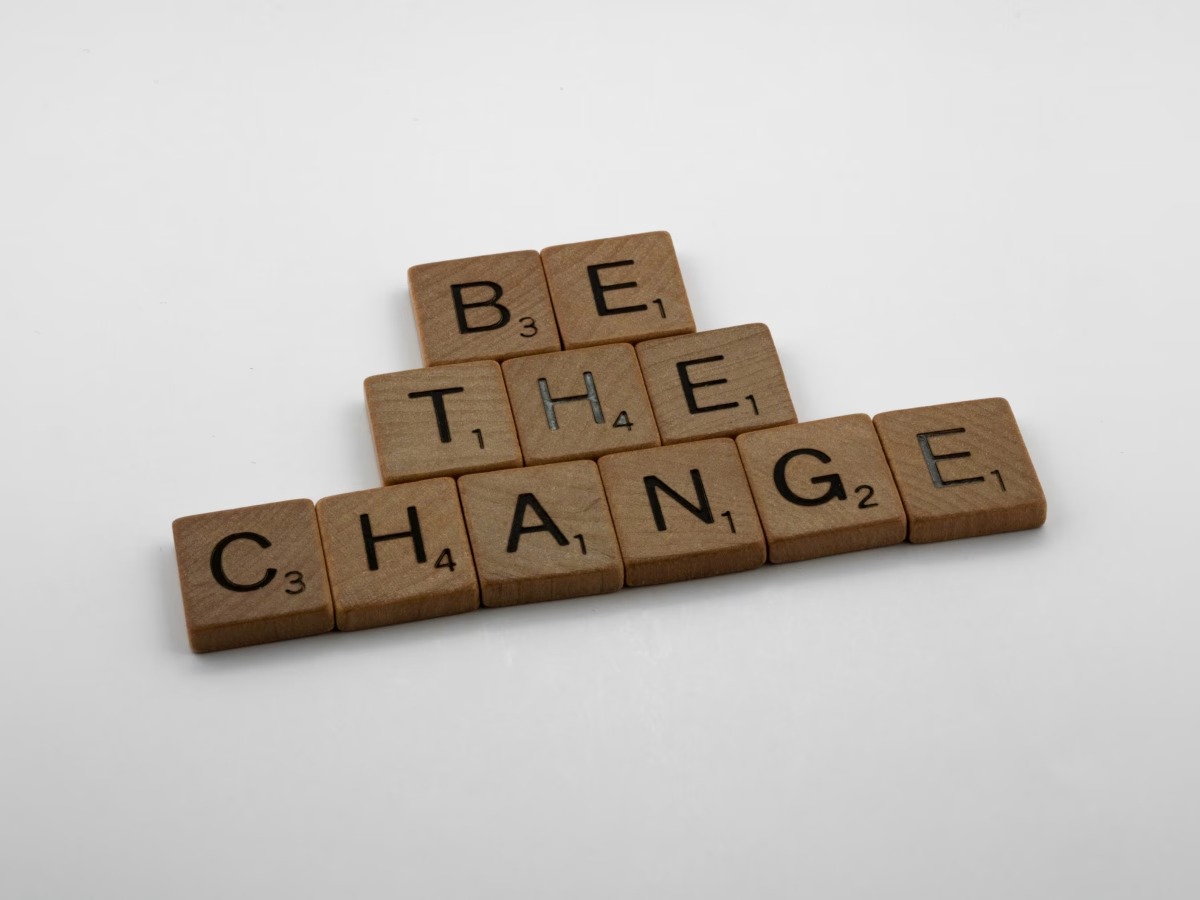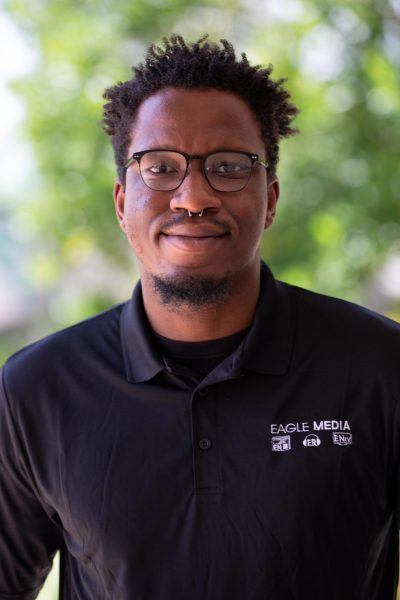Since the spring 2022 semester, the FGCU Scholar Series has given faculty members a platform to share their research. On the last Wednesday of each month in front of the Library’s Data Visualization Wall, a specific academic project is presented by the FGCU faculty members behind it.
No two talks are the same, and all disciplines are invited to share their work via a signup form, and suggestion by the founders. From “One’s Propensity to Serially Kill: A Behavioral and Statistical Perspective,” to “Two Mathematicians Walk into a Bar: How We Use Games and Puzzles to Train the Next Generation of Problem Solvers,” the series has covered a wide array of topics.
Melodie Eichbauer, FGCU’s former director of Scholarly Innovation & Student Scholarship, is a founder of the Scholar Series. She and a colleague believed there wasn’t enough being done to spread faculty projects, and they started the monthly talks alongside the Library to fill that gap, complete with a provided lunch.
“The central purpose is to bring faculty, students and even community members together around the proverbial table to break bread and listen to the really exciting research their colleagues, their community, and their faculty are doing,” Eichbauer said. “How can we be trying to get students engaged in research when we don’t even acknowledge what’s going on?”
Eichbauer added that around 25 to 50 people attend each month, some joining in-person and others online, but engaged regardless. Use of the Data Visualization Wall allows for engaging graphics to be used, furthering the quality of the presentations.
The series not only fosters knowledge but a sense of community and greater interaction with scholarly projects at FGCU. Occupational Therapy Program Director and regular series attendee Paul Arthur attests to its effectiveness as a faculty member.
“I want to know what’s going on in the university environment,” Arthur said. “Oftentimes, we’re stuck in our offices or in our classrooms and we don’t have any idea what other professors are doing. The talks let us learn about research that doesn’t relate to what we do. I find it highly valuable.”
FGCU’s status as a fledgling institution is brought on by its age, especially compared to other Florida universities. The Scholar Series serves as yet another way to help legitimize the university and put it in the same conversations as places like Florida State University and University of Central Florida, which are older. The variety of topics represented in the catalog of past and future talks are a testament to FGCU’s growing impact.
“I think it helps us kind of broaden the story we tell about FGCU and who we are outside of the university,” Arthur said. “Like yeah, we’ve got faculty that research serial killers, sea turtles, artificial intelligence, we even have people that build robots. I can’t tell that story unless I attend these sorts of things that celebrate knowledge.”
While presenting academics are experts on their topic, they know that not every audience member shares their level of understanding. They must keep their research outcomes, applications and processes palatable so that all listeners can understand. FGCU Chair of the Department of Computing and Software Engineering Fernando Gonzalez, who gave the talk “The Development of an Educational Software tool to Support Learning Introductory Robotics,” spoke to his experience as a presenter.
“It was nice to see a lot of people show up,” Gonzalez said. “It had to be tailored to people who are not familiar with my topic, so it wasn’t like normal talks I give at conferences that have to do with simulation and robotics. When I go, it allows me to see the type of work that other people are doing, and sometimes you can find people to collaborate with.”
As for what lies ahead for the Scholar Series, Eichbauer assures that growth, creativity and discipline diversity will continue.
“I really want all faculty to feel valued, no matter where they’re at in their career, no matter what discipline they’re in. I want to show students this is the written richness of a university education,” she said. “This is knowledge. This is how we make the world a better place.”








